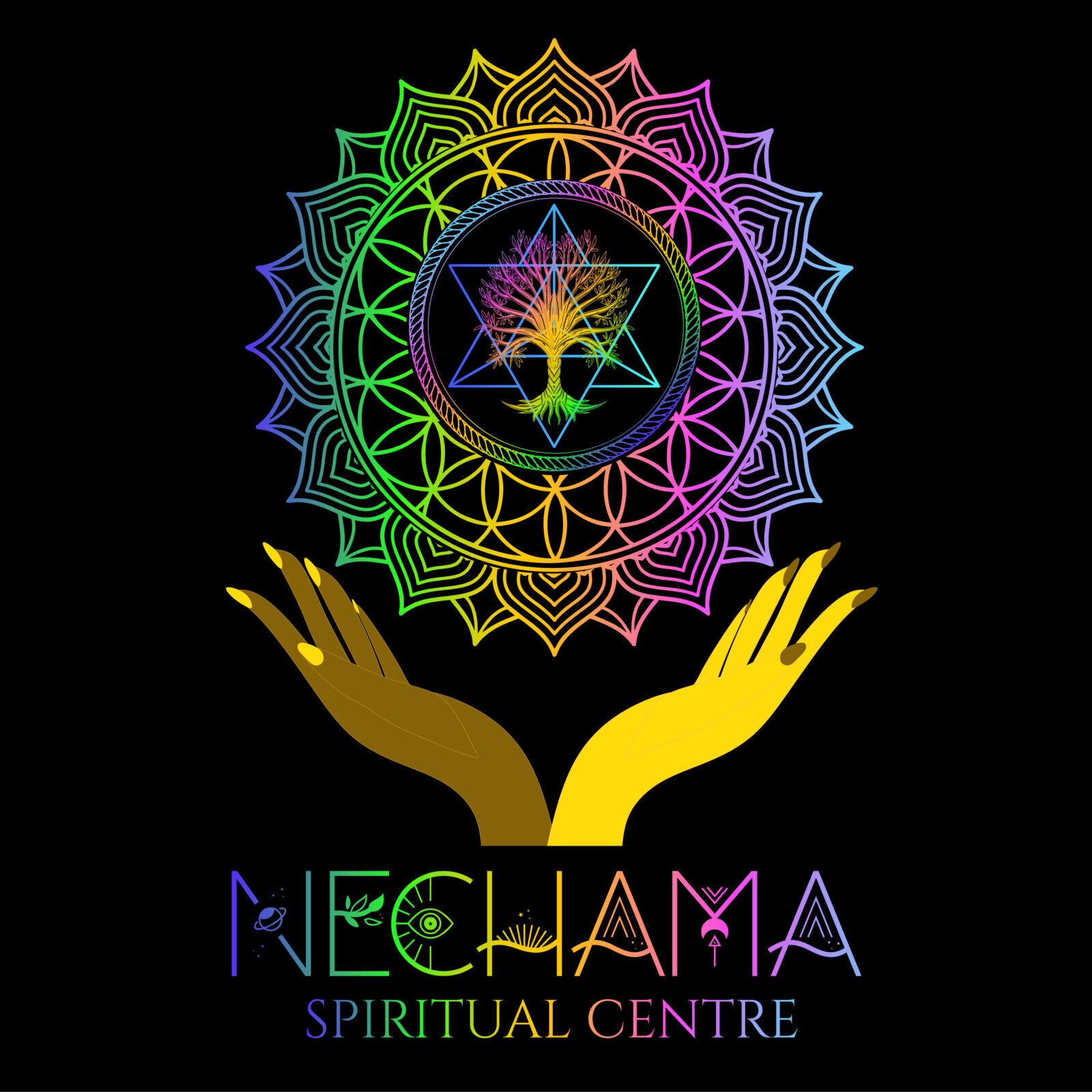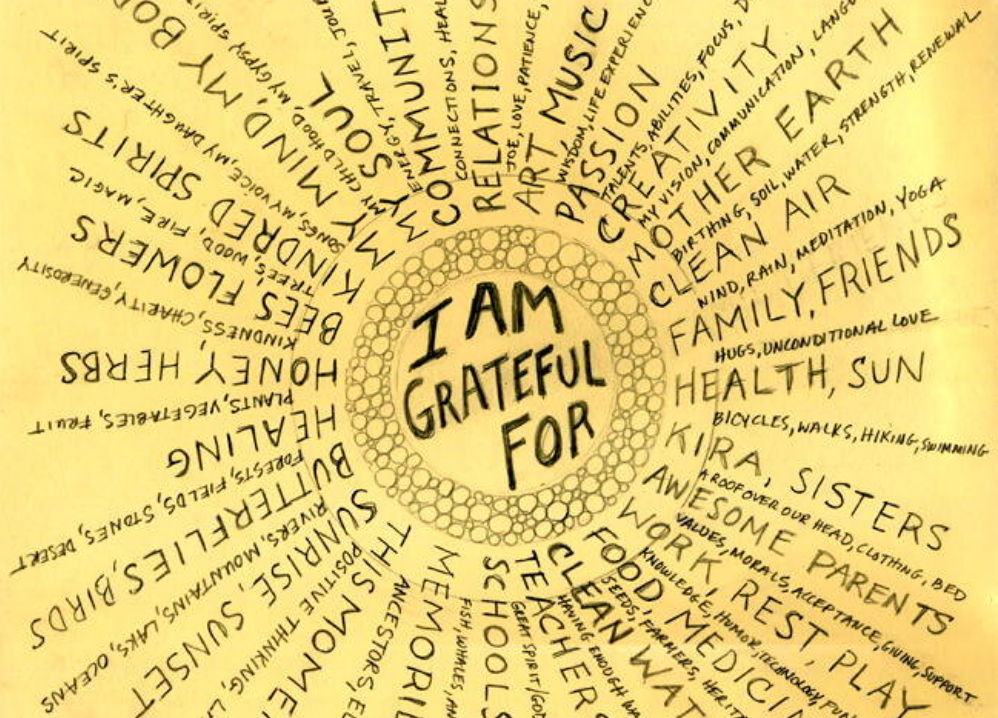Why Gratitude?
Gratitude is more than just a fleeting feeling; it is a deep awareness of the abundance in our lives, a practice that can uplift our spirits and transform our well-being. The simple act of acknowledging what we are grateful for has profound effects on our physical, emotional, and spiritual health. The power of gratitude goes beyond improving our mood—it enhances our connection with the world around us and with ourselves.
Thornton Wilder beautifully captures the essence of this in his words: *”We can only be said to be alive in those moments when our hearts are conscious of our treasures.”* Gratitude brings us into the present, illuminating the treasures we might otherwise overlook. It is a gateway to a more joyful and fulfilled life, shifting our focus from what we lack to what we have in abundance.
The Holistic Benefits of Gratitude
- Emotional Well-being:
When we cultivate gratitude, we naturally begin to shift away from negative emotions like resentment, envy, and frustration. In fact, practicing gratitude has been linked to higher levels of happiness, reduced stress, and increased resilience. As the Stoic philosopher Epictetus reminds us: *”He is a wise man who does not grieve for the things which he has not, but rejoices for those which he has.”* Gratitude encourages us to celebrate the present and recognize the richness of our current circumstances.
- Strengthened Relationships:
Gratitude strengthens our relationships with others. When we take the time to appreciate the people in our lives, we nurture deeper connections and encourage positivity. Marcel Proust wisely noted: “Let us be grateful to people who make us happy; they are the charming gardeners who make our souls blossom.” By expressing gratitude, we acknowledge the role others play in our happiness, creating a ripple effect of kindness and mutual support.
- Physical Health:
Scientific research shows that people who regularly practice gratitude enjoy better health. They experience fewer aches and pains, lower blood pressure, and even sleep better. Gratitude leads to a more optimistic outlook, which in turn promotes healthier behaviors like regular exercise, better diet, and mindfulness.
- Mental Clarity and Focus:
Gratitude sharpens our perspective and helps us focus on what truly matters. In a world constantly pulling our attention in various directions, gratitude centers us. It allows us to focus on the abundance we possess rather than the distractions of what we may lack. This clarity fosters a sense of peace and purpose.
- Spiritual Growth:
Many spiritual traditions recognize gratitude as a vital practice in connecting with the divine and aligning with the flow of life. By living in gratitude, we tune in to the deeper meaning of existence and our place within the universe. Gratitude becomes a form of worship, a recognition of life’s sacredness in each moment. Gratitude is universal as seen in various sacred texts highlighted here.
- The Bible (Christianity):
– “Give thanks in all circumstances; for this is God’s will for you in Christ Jesus.” — 1 Thessalonians 5:18
– “Oh give thanks to the Lord, for he is good; for his steadfast love endures forever!” — 1 Chronicles 16:34
- The Quran (Islam):
– “And [remember] when your Lord proclaimed, ‘If you are grateful, I will surely increase you [in favor]; but if you deny, indeed, My punishment is severe.'” — Surah Ibrahim 14:7
– “So remember Me; I will remember you. And be grateful to Me and do not deny Me.” — Surah Al-Baqarah 2:152
- The Bhagavad Gita (Hinduism):
– “Whatever you do, whatever you eat, whatever you offer in sacrifice, whatever you give, whatever austerity you practice, do that as an offering to Me.” — Bhagavad Gita 9:27
– “He who is content with whatever gain comes to him, who has overcome duality, and is free from envy, who is steady in both success and failure, is never bound, even though he acts.” — Bhagavad Gita 4:22
- The Torah (Judaism):
– “Give thanks to the Lord, for He is good; His love endures forever.” — Psalm 107:1
– “Enter His gates with thanksgiving and His courts with praise; give thanks to Him and praise His name.” — Psalm 100:4
- The Dhammapada (Buddhism):
– “Let us rise up and be thankful, for if we didn’t learn a lot today, at least we learned a little, and if we didn’t learn a little, at least we didn’t get sick, and if we got sick, at least we didn’t die; so, let us all be thankful.” — Dhammapada
- Tao Te Ching (Taoism):
– “Be content with what you have; rejoice in the way things are. When you realize there is nothing lacking, the whole world belongs to you.” — Lao Tzu, Tao Te Ching 44
These quotes highlight the universality of gratitude across various spiritual traditions.
A Daily Practice of Gratitude
Gratitude does not always come naturally, especially in difficult times. However, it is precisely in those moments when gratitude is most needed. By making it a daily practice, we train our minds to seek the positive, even amidst challenges. Start small—perhaps by writing down three things you are grateful for each day. Over time, you’ll notice that this simple practice can transform your entire outlook.
Remember, “We can only be said to be alive in those moments when our hearts are conscious of our treasures.” Gratitude is not just about saying “thank you” for the good in our lives—it is about living in a way that constantly recognizes and celebrates the beauty that surrounds us. It is a mindset that uplifts, heals, and inspires.
Embrace gratitude today, and watch as it fills your life with greater joy, connection, and peace.

